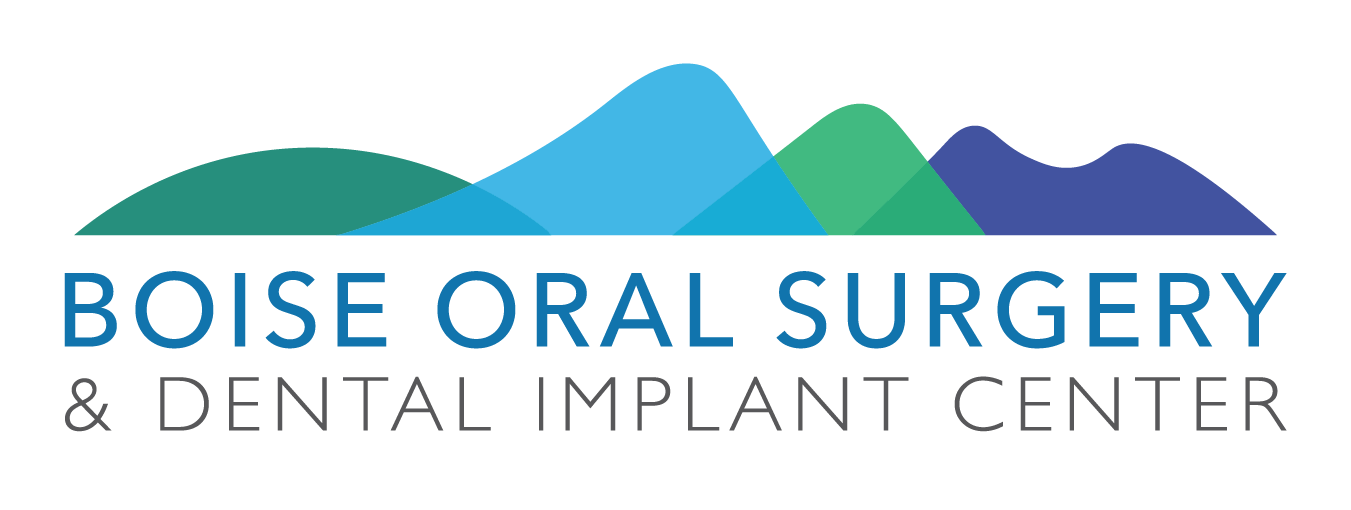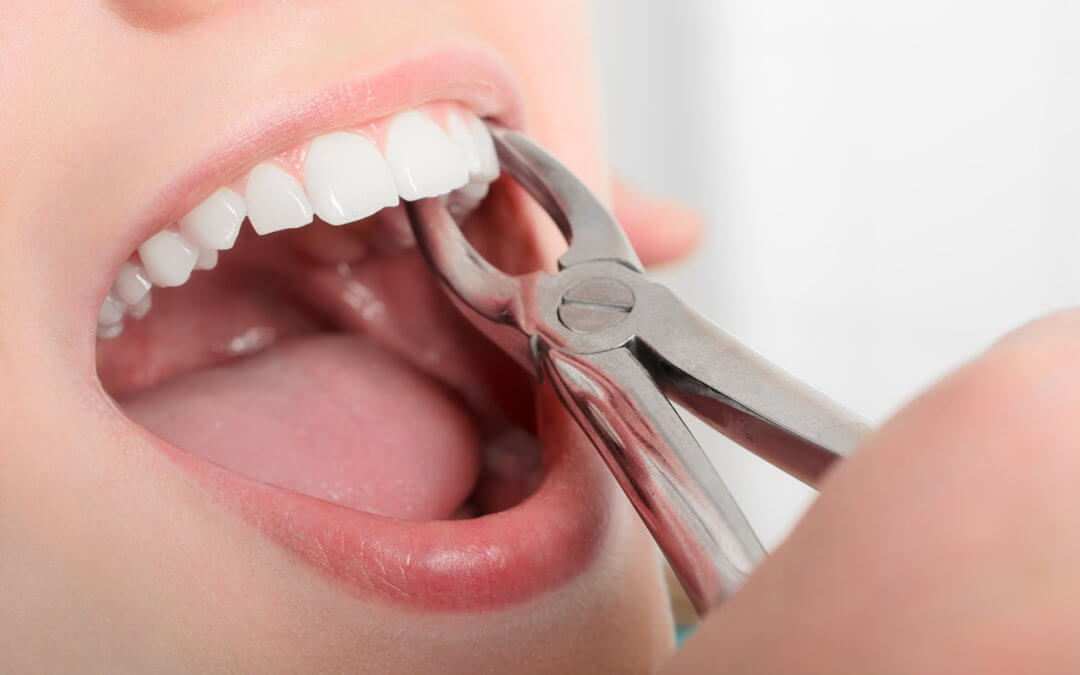Did you know that dentists pull more than 10 million wisdom teeth every year? While wisdom teeth make up a large percentage of teeth that need to be extracted, other types of teeth may need removal as well. If you need to have a tooth removed, you may be wondering, “Is a tooth extraction painful?”
The answer can vary depending on a variety of factors such as what kind of tooth problem you might have and what kind of painkillers your dentist decides to use. You might also experience some pain after the dental procedure. Keep reading and learn more about what getting a tooth pulled is like.
Is a Tooth Extraction Painful?
The surgical extraction of a tooth can certainly be painful without any painkillers. Fortunately, a good dentist will always provide you with some level of pain relief so your tooth extraction won’t be a horrifying experience. One of the most common ways dentists provide pain relief to their patients is with the use of nitrous oxide which is also known as laughing gas.
Your dentist will provide you with nitrous oxide by giving you a mask that will cover your nose (or sometimes your nose and mouth). As you inhale the nitrous oxide through the mask, you will quickly begin to feel the effects of the gas. Nitrous oxide gets its nickname “laughing gas” because it tends to give people a slight euphoric and happy feeling.
Beyond that, laughing gas makes people less aware of their surroundings, including their ability to sense pain. This does not mean that you still won’t feel some discomfort, however, during a tooth extraction. For that reason, nitrous oxide might not be the best solution for a tooth extraction, especially if the extraction requires surgery.
Instead, nitrous oxide is best for relieving the pain and anxiety of smaller dental procedures such as the filling of cavities. While you could technically use nitrous oxide for a tooth removal procedure, you would still likely feel some level of pain. However, the benefit of nitrous oxide is that it wears off quickly, especially when your dentist provides pure oxygen for you to breathe so the nitrous oxide completely leaves your system.
For that reason, you would be able to drive yourself home after the procedure. However, because nitrous oxide does not provide strong enough pain relief for tooth extractions, most dentists prefer to use a stronger option. A stronger solution could be an oral sedative.
Oral Sedation and Anesthesia for Tooth Extractions
In the world of sedation dentistry, an oral sedative tends to be significantly stronger than nitrous oxide. An oral sedative usually comes in the form of a pill. You will need to think ahead when using an oral sedative because they tend to kick in after about an hour.
For that reason, you should take the pill between 30 minutes and an hour before your dental procedure. This way, when it is time for the execration, the oral sedative will be in full effect. Oral sedatives tend to do a great job when it comes to eliminating pain from the equation.
As the dentist removes your tooth, you shouldn’t be able to feel any pain. However, you may still feel some pulling or pressure in the area your dentist is working on. Oral sedatives tend to make people sleepy so you may actually fall asleep during the procedure.
Even if you don’t, you should still feel very relaxed (and likely very drowsy). The downside of oral sedatives is that they don’t wear off as fast as nitrous oxide. For that reason, you won’t be able to drive yourself home after the procedure, so be sure to bring someone with you.
Many dentists tend to use oral sedatives for tooth extractions because it is an easy way to eliminate pain from the procedure. However, even though oral sedation is stronger than nitrous oxide, it may still not be strong enough to kill the pain of more serious tooth extractions. For example, if you have an impacted wisdom tooth beneath your gums, your dentist will not be able to yank it out like your other teeth.
The dentist will need to cut the gums to reach the tooth. Because a level of surgery is necessary, you will need a stronger sedative.
Anesthesia for Tooth Extractions
General anesthesia is the strongest type of sedation that you can experience. It is also the only way in which you can ensure that you won’t feel any pain during your tooth extraction. The reason why anesthesia works so well is that it will render you unconscious for the entire procedure.
Some dentists provide anesthesia intravenously. Others may provide it via a gas mask. Whatever the case, the results will be the same.
Once the general anesthesia renders you unconscious, it will be as if you fell asleep. You will not be conscious at any point during the procedure. For that reason, you will also not feel any pain or discomfort.
It will take some time to recover from the anesthesia, so be sure to bring someone with you to drive you home. After about a day, you should no longer feel the effects of the anesthesia. However, you may start to experience some pain during your healing process.
For that reason, you will likely need to take some over-the-counter painkillers to mask the pain until your mouth has healed.
Everything You Need to Know About Tooth Extractions and Pain
Is a tooth extraction painful? Not necessarily. While the extraction may hurt if you are under the effects of nitrous oxide, you should not be in excruciating pain.
For more serious extractions, you will need stronger painkillers such as oral sedatives or anesthesia. These two options should eliminate most, if not all, of your pain. To learn more about tooth extractions, contact us here.

